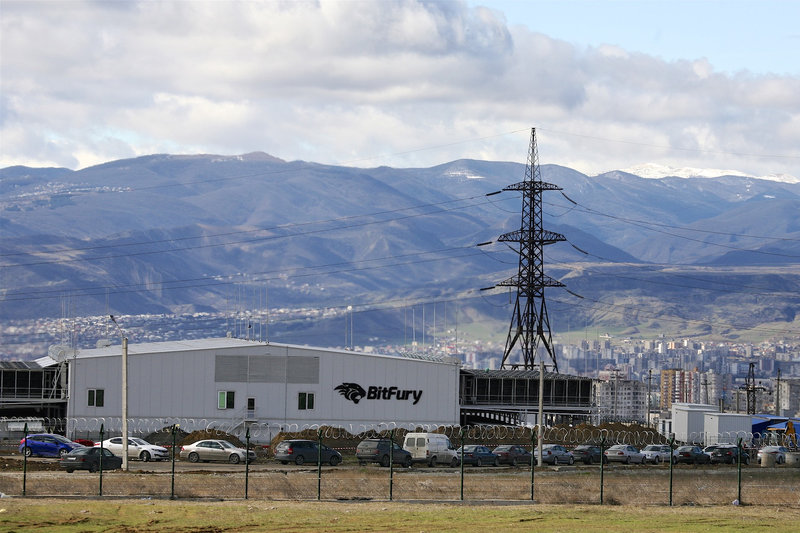How The Tiny Nation Of Georgia Became A Bitcoin Behemoth
### Since long before anyone can remember, the big, fertile slopes of the Alazani Valley in eastern Georgia have been planted with grape vines. It's the heartland of wine-making in the country that invented it 8,000 years ago. But in recent months, the valley has been going through a new kind of ferment, because of bitcoin.
Since long before anyone can remember, the big, fertile slopes of the Alazani Valley in eastern Georgia have been planted with grape vines. It's the heartland of wine-making in the country that invented it 8,000 years ago. But in recent months, the valley has been going through a new kind of ferment, because of bitcoin.
"You see that building there with the power line outside," says Bezhani Buzhaidze, pointing to an abandoned-looking, cinder block storehouse in his hometown of Telavi, the hub of Georgian wine country. "That's being turned into a data center for mining cryptocurrencies."
It's another sign of how this tiny former Soviet republic of fewer than 4 million people has become a virtual printing press for this new money you can't see.
Cryptocurrency mining is the digital equivalent of minting real money, except that anyone with the right hardware and software can do it, by taking part in what amounts to a giant virtual competition. Think of it like a lottery, where computers linked across the Internet compete to solve complex mathematical puzzles, with the number of players constantly rising. The owner of the computer that finds the right solution is rewarded with a "block" of bitcoin or other cryptocurrency, which is then registered and verified on a decentralized database system known as the blockchain.
Article continues after sponsorship
In practice, it involves a kind of constant digital bombardment to find these solutions, 24 hours a day, consuming huge amounts of electricity. And thanks to its cheap hydropower and low regulation, Georgia is now ranked second in the world for cryptocurrency mining — behind only China.
A single U.S.-based technology company called Bitfury has been accounting for much of this mining activity, from a vast data center filled with computer servers which it opened on the outskirts of the capital Tbilisi. It has generated plenty of controversy too over claims that it received overly generous terms for its electricity bills. But scores of smaller data centers have now sprouted up, with many more people mining from home with processors bought online from China.
One Georgian political party has even started raising funds by mining cryptocurrency via the computers of willing supporters. And because electricity has traditionally been more heavily subsidized in the Alazani Valley, wine country has been seeing a kind of digital gold rush.
Hoodie-wearing Buzhaidze is one of the growing army of home prospectors. He signed up last summer, as he watched the price of bitcoin surge, borrowing several thousand dollars from his father to buy three graphic cards, the backbone of any home mining operation. Ever since, they have been churning away 24 hours a day in the family living room, a constant low hiss emitting from their cooling fans